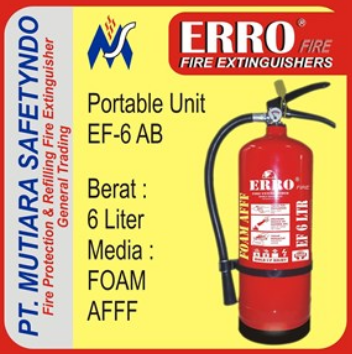PFAS Situation Reports in Twelve Middle Eastern and Asian Countries Support Stockholm Convention Listing

Per- and polyfluoroalkyl substances (PFAS) have received significant public and media attention in the US, EU, and Australia, in part due to their toxicity, extreme persistence, and documented water pollution. However, information about PFAS in other parts of the world is largely lacking and the information which is available is difficult to access.
Over the past few months, IPEN Participating Organizations in twelve Middle Eastern and Asian countries conducted surveys to explore possible PFAS uses and pollution sources, scientific studies and government actions, including under the Stockholm Convention. Countries covered include: Bangladesh, Egypt, India, Indonesia, Japan, Jordan, Lebanon, Malaysia, Nepal, Sri Lanka, Thailand, and Vietnam.
These PFAS situation reports are part of IPEN’s Toxics-Free SDGs Campaign. Actions to control and phase-out PFAS as a class contribute to achievement of several key Sustainable Development Goals (SDGs) due to the impacts of the substances on health and ecosystems, including water pollution. These include SDGs 3, 6, 9, 12, 14, 15, and 16.
The results of the surveys indicate the following:
- PFAS are poorly regulated in all countries examined
- PFAS contaminates adults and infants
- Water pollution with PFAS substances is widespread
- Marine and terrestrial organisms are contaminated with PFAS
- Firefighting foams and extinguishers containing PFAS are in use
- Consumer products are contaminated with PFAS
- PFAS substances contaminate dust and particulate air pollution
- US military bases in Japan cause PFAS pollution
- Japan is an important PFAS producer
